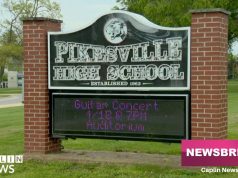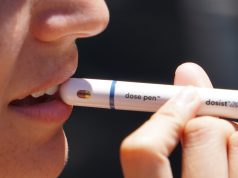When you consume your news online, how can you be sure the information you receive is legitimate? Do you triple-check your sources or blindly trust the media?
This investigative capstone project at the Lee Caplin School of Journalism & Media aims to uncover how 20-something digital natives get their news and how in a variety of cases, people are fooled by what they read — either as a result of fraud or naivete.
Studies have shown that the Hispanic population is more susceptible to misinformation and disinformation from sites like YouTube, Facebook, and WhatsApp than any other ethnic group, at least partially because Spanish comments are rarely monitored.
They have had to learn the reliability of news that affects the Hispanic population, the largest demographic in the Greater Miami area – from student media, popular publications, the generational divide between the younger and older generations, and more…
Part 1: Hispanic children are helpless against social media by Alba Rosa and Omar J. Cabrera.
Part 2: The state of student media in South Florida by Fatima Belagam.
Part 3: Change the narrative on book banning: A Miami educator pushes back by Cailyn Guevara.
Part 4: Pedro Sevcec from Mega TV: “Journalists need to be brave.” by Isabella Nuñez Callejas.
Part 5: Growing up in Honduras taught me to spot misinformation by Isabella Nuñez Callejas.

































